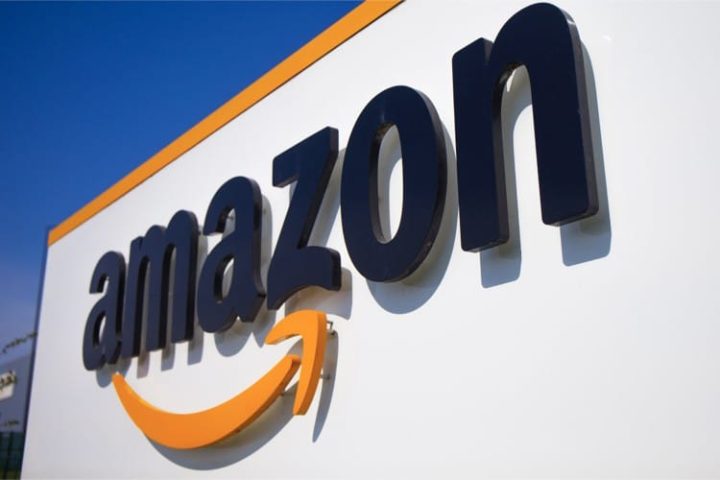
Is Amazon on track to owning everything?
The online retail giant announced this week that it has purchased One Medical, a national chain of primary care clinics, in a $3.9 billion deal.
As the New York Times reports, One Medical’s share price had dropped over 80 percent since last year. Amazon said in a statement it would buy the company in all cash at $18 a share.
“The opportunity to transform health care and improve outcomes by combining One Medical’s human-centered and technology-powered model and exceptional team with Amazon’s customer obsession, history of invention, and willingness to invest in the long-term is so exciting,” said One Medical CEO Amir Dan Rubin in the statement.
This marks Amazon’s latest foray into the healthcare market. In 2018, the company bought online pharmacy PillPack.
The San Francisco-based One Medical currently runs 188 medical offices, mostly in big cities, as well as offering patients virtual medical care for a $199 yearly membership fee. One Medical itself last year spent $2.1 billion to buy Iowa Health, a company specializing in care for senior citizens who have Medicare.
Analysts at the investment bank Cowen speculate that part of the appeal for Amazon of the One Medical acquisition is that the clinic chain presently gets five times as many virtual as in-person visits. And, like Amazon, One Medical places high value on data, having built its own records system that offers Amazon 15 years- worth of health data to dig into.
Dr. Aaron Neinstein, a digital health expert at the University of California, San Francisco, told the Times that Amazon can leverage its data prowess in healthcare for more effectively developing products and treatments, as well as to efficiently predict costs.
One Medical initially went public back in 2020, first listing at $22.07 a share before reaching a high of $58.70 last year. But the good times didn’t last and it closed at $10.18 on Wednesday. The company has not yet turned a profit and has failed to live up to the expectations of Wall Street analysts.
Amazon got its start in healthcare back in 1999 when it invested in Drugstore.com. Jeff Bezos, Amazon’s founder and former CEO, served on the board of Drugstore.com.
The Times further details Amazon’s expanding reach in healthcare:
But, in the past half-decade, Amazon has leaned into its own vision for health care. In 2018, it started Haven, a partnership with J.P. Morgan and Berkshire Hathaway. Those companies, three of the country’s largest employers, set out to explore new ways to deliver health care to their work forces. The amorphous effort attracted a lot of attention but stalled out and formally ended last year.
Amazon moved into the $560 billion prescription drug industry when it spent $753 million in 2018 to buy the start-up PillPack, an online pharmacy that focuses on recurring monthly medications. It later began Amazon Pharmacy, which, like PillPack, delivers medications, and it integrated discounts for customers with Prime memberships.
Cowen, however, writes that Amazon’s attempt at a pharmacy has “thus far has failed to gain meaningful traction.”
There is also Amazon Care, which Amazon started in 2019 in order to have its own internal primary and urgent care service. It mainly offers virtual sessions with medical professionals, although it also provides home visits and has even opened up physical clinics in some areas.
One Medical, however, is bigger than Amazon Care and serves more than 8,500 employers along with its memberships sold directly to consumers.
One major One Medical partner is Google, which sponsors memberships for its employees and even hosts One Medical clinics in some of its offices.
In another one of its healthcare ventures, Amazon has formed a partnership to run trials on healthcare vaccines.
There is the possibility Amazon could run into a hurdle with the One Medical acquisition: The purchase is above a threshold that mandates mandatory reporting to both the Justice Department and the Federal Trade Commission. And the FTC is already conducting a probe into whether Amazon broke antitrust laws with its purchase of film studio Metro-Goldwyn-Mayer.
A number of organizations, including the Open Markets Institute and the American Economic Liberties Project, have come out in opposition to Amazon’s expansions.
The question is: Can we trust a company with as clear a marxist agenda as Amazon’s with our healthcare and medical information?




